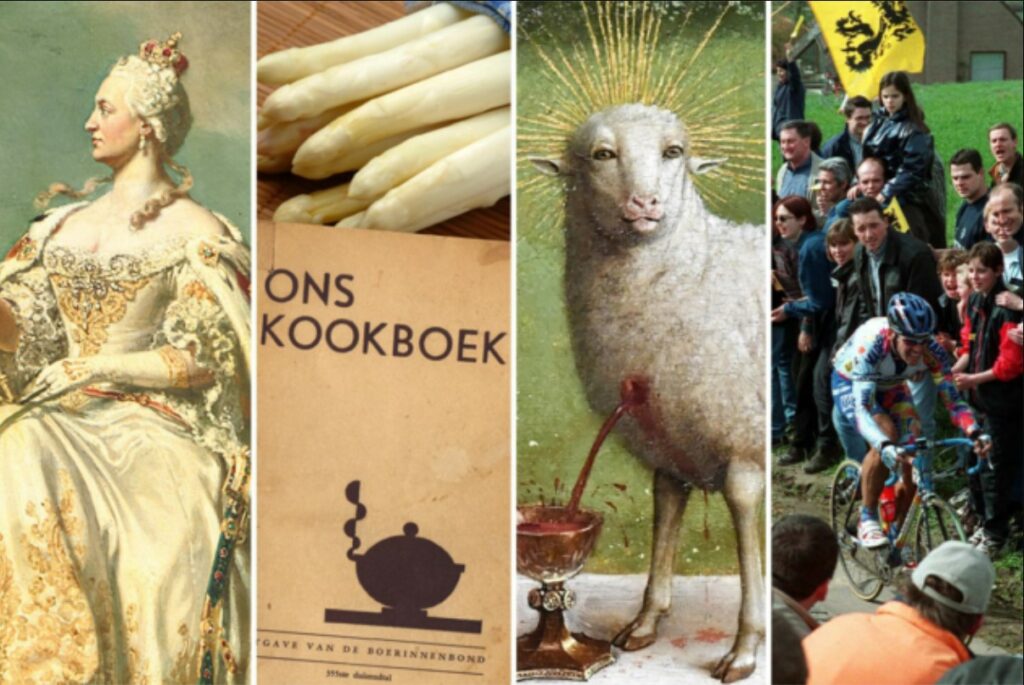The 'Canon of Flanders' was presented on Tuesday, about half a year later than planned. It compiles 60 events, dates, people, traditions, books, objects and works of art that are essential to Flemish heritage.
The Canon has been heavily criticised ever since the Flemish government announced the initiative nearly four years ago – mainly for fears that it would be ideologically misused for political purposes.
"It was a thankless job, with all the discussion about the principle of a Flemish Canon; but the experts brought it to successful fruition," said Flemish Education Minister Ben Weyts. "When it comes to Flanders or the Flemish community, people become very aggressive but I find it useful to look back. Without hang-ups, without hesitation, but also without taboos and certainly without shame."
Following the example of the Canon of the Netherlands, a committee of nine experts – including historians, philosophers and journalists – drew up the chronological list. They emphasised that the exercise was carried out without any political interference.
The selection process took longer than expected, with 60 so-called 'windows' eventually chosen from more than 500 possible subjects. "We believe that this Canon can prove its worth in education," said the committee. "But it is not a teaching method and it is not intended to replace attainment targets and curricula."
From the Golden Spurs to gay marriage
The list is intentionally broad, encompassing political and cultural touchstones but also archaeology, economics, science, ecology and sports. It is intended for anyone who lives in Flanders or anyone interested in the region's history.
The Canon strongly takes its lead from that of the Netherlands, with eight 'windows' that are identical and much of the subject matter is similar too. The experts hope that a Belgian, European or even world canon will follow in due course.
Related News
The Canon starts just after the last ice age (about 12,000 years ago) and includes traces of the Neanderthals found in the Meuse Valley, the Gallo-Romans in Tongeren, the oldest written Dutch words, the Battle of the Golden Spurs in 1302, the Adoration of the Mystic Lamb painting and the Tour of Flanders cycling race. In popular culture, it includes gastronomy, the sexual revolution, same-sex marriage, music festivals and the introduction of the Euro.
Flemish Minister-President Jan Jambon stated that the Canon is not a "finished story", adding that he hoped it would stimulate an "intellectually honest, substantiated and respectful" debate.
Flemish MP for the ecologist Groen party, Elisabeth Meuleman, praised the Canon as a "balanced, interesting instrument" but added that it is now up to Jambon to ensure that it will not be "ideologically abused". She argues that the Canon provide an opening for social debate and uniting people: "It would be nice if the Canon could give rise to dialogue and participation in society for all Flemish people in Flanders."
A full list of the Canon of Flanders can be found here.

